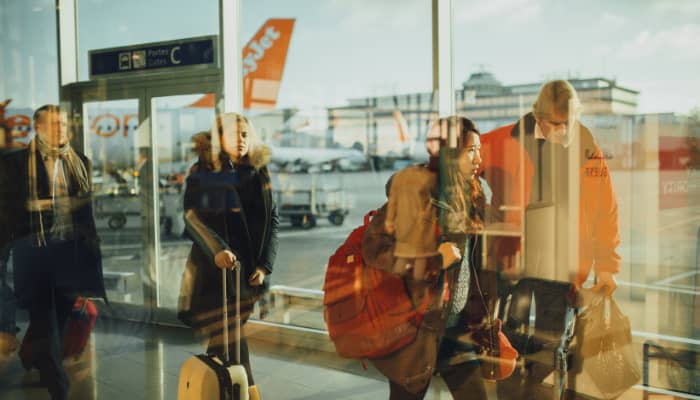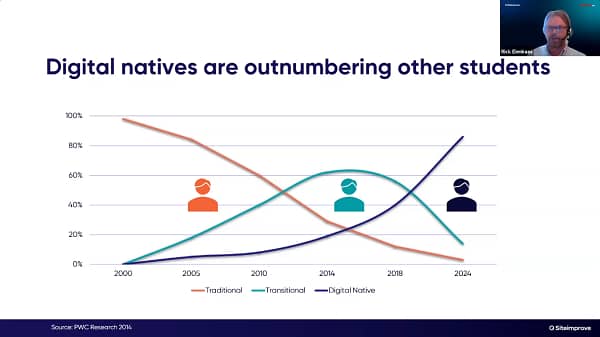Singapore – Indeed, the gravity of the pandemic has prompted everyone to rethink the climate of everything we’ve come to identify as normal pre-covid, and even without a direct link, at the start of the spread of the virus, the conversation, specifically on sustainability and the health of the environment, has become even louder.
The most prominent being is how people are theorizing that the halted operations of businesses are what will lead to a drastic reduction in carbon footprint. Interestingly, a new study by booking platform Booking.com is showing that the pandemic has become an influence for people to travel more sustainably in the future.
According to the latest study, 70% of Singaporeans stated that the pandemic has encouraged them to be even more environment-conscious when traveling. The study finds that in general, people are expressing pressing concern over the environment with 74% of Singaporean travelers believing that people have to act now to save the planet for future generations
Based on the study, Singaporean travelers are determined to extend their daily sustainable commitments, such as reducing general waste and energy consumption, when making their travels. When traveling, about 83% eyes minimizing general waste, with 81% wanting to lessen their energy consumption such as turning off air conditioning and lights when they are not in a room. Meanwhile, a good percentage – 77% – are also willing to look to more environment-friendly modes of transport such as walking, cycling or public transport over taxis or rental cars when traveling.
The study found that Singaporeans’ desire to take part in the sustainability movement is not only as good as a pledge, with data showing that people are starting to get on the act, and are staying true to their word.
About 47% of Singaporean travelers revealed that while on vacation in the past 12 months, they have made the conscious decision of turning off their air conditioning or heater in their accommodation when they weren’t there. Meanwhile, 43% of travelers within the same period took their own reusable water bottle, rather than buying bottled water while on vacation, while 30% stated that they did activities to support the local community.
Truly, sustainable living is becoming a lifestyle commitment, with people bringing their conscious habits outside their homes. This behavior has also become apparent with how people are viewing accommodations.
The study reported that over half, or 55%, have admitted that they get annoyed if somewhere they are staying stops them from being sustainable, for example, by not offering recycling facilities. A vast majority – 90% – of Singaporean travelers have also expressed desire in staying in sustainable accommodation in the upcoming year, with 59% still believing that in 2021, there simply aren’t enough sustainable travel options available.
In fact, 77% of Singaporean travelers would be more likely to choose an accommodation if it has implemented sustainability practices, with a similar amount, 75%, thinking travel companies should offer more sustainable choices.
This comes as a valuable insight for hospitality companies, tourist spots, and travel accommodations as travelers, specifically the Singapore market, are using sustainability as a metric of whether a certain place is worth staying in. Such finding is proving its importance even more as nations are prepping up to ease travel restrictions.
Nuno Guerreiro, regional director of Booking.com for South Asia, Oceania & Chains, said that the time is ripe for the industry to rebuild with a renewed focus on sustainability, as seen with recent efforts by Singapore to boost its transformation into a sustainable destination.
Singapore is a country that has been doubling down on its efforts on sustainable tourism, announcing in April its allocation of S$68.5m into its Tourism Development Fund for travel businesses looking to test-bed sustainable tourism offerings.
“Despite travel being on a pause across most Asia-Pacific countries, it’s been inspiring to see awareness of the importance of sustainable travel consistently grow,“ Guerreiro said.
















